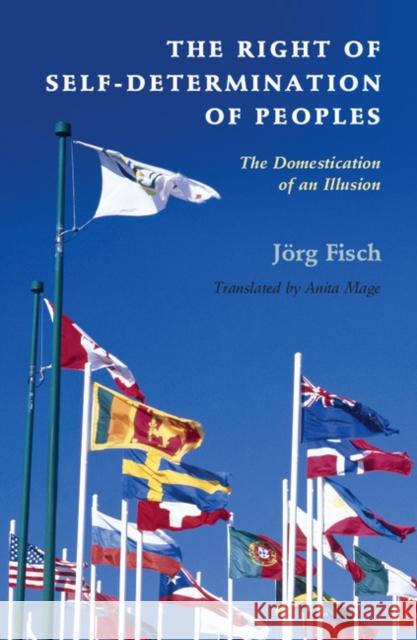The Right of Self-Determination of Peoples: The Domestication of an Illusion » książka
topmenu
The Right of Self-Determination of Peoples: The Domestication of an Illusion
ISBN-13: 9781107037960 / Angielski / Twarda / 2015 / 360 str.
The Right of Self-Determination of Peoples: The Domestication of an Illusion
ISBN-13: 9781107037960 / Angielski / Twarda / 2015 / 360 str.
cena 390,63
(netto: 372,03 VAT: 5%)
Najniższa cena z 30 dni: 368,99
(netto: 372,03 VAT: 5%)
Najniższa cena z 30 dni: 368,99
Termin realizacji zamówienia:
ok. 22 dni roboczych.
ok. 22 dni roboczych.
Darmowa dostawa!
This book examines the conceptual and political history of the right of self-determination of peoples.











